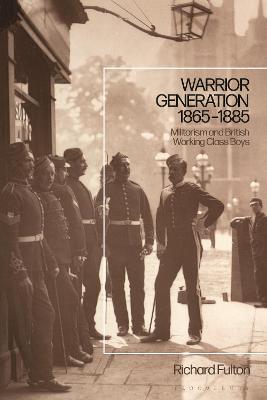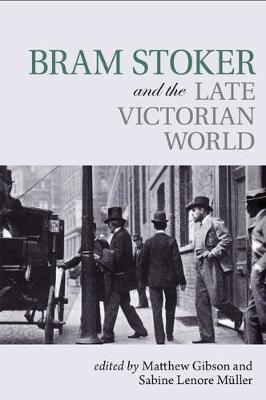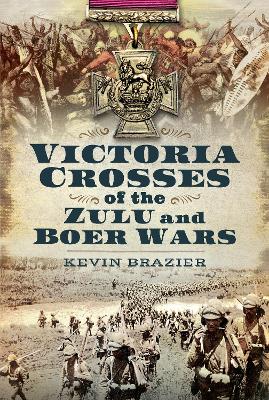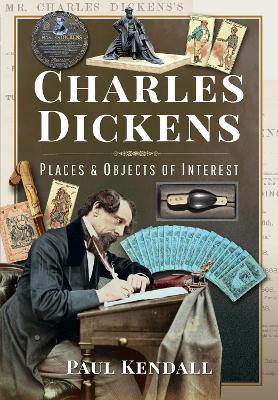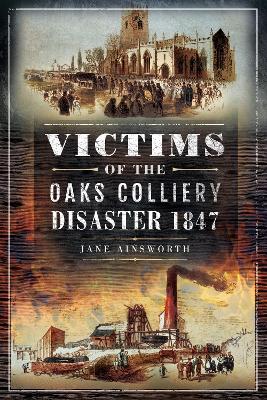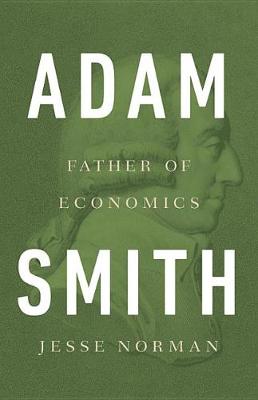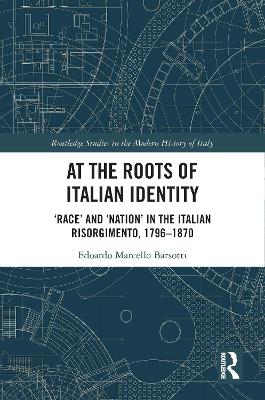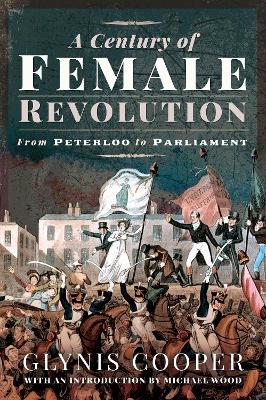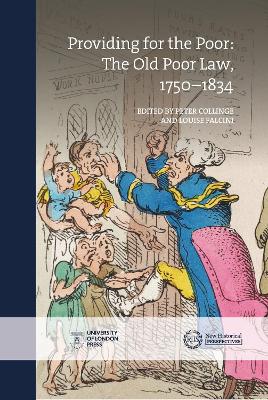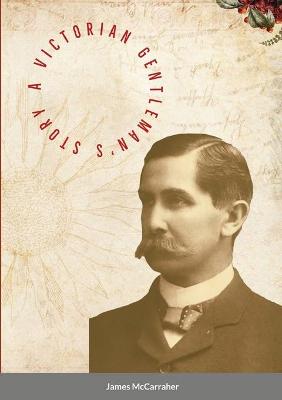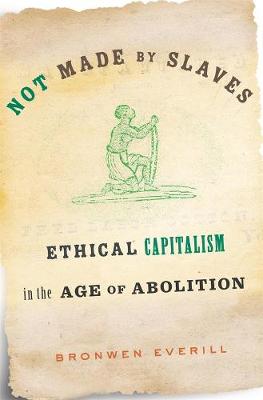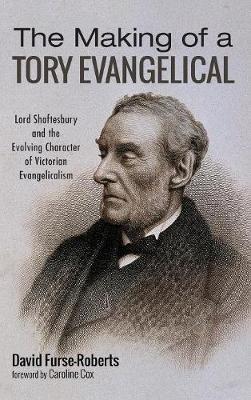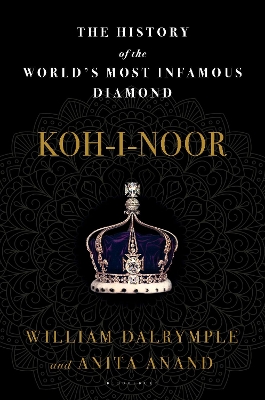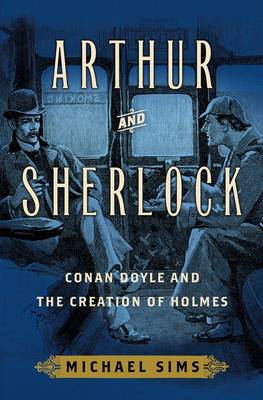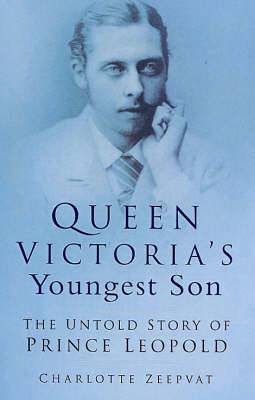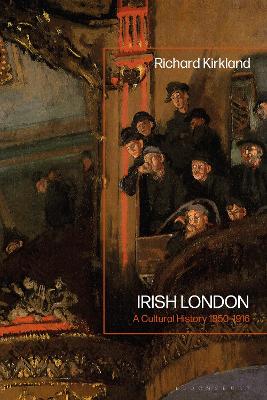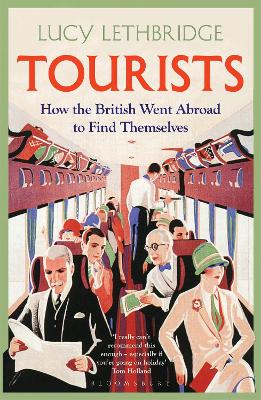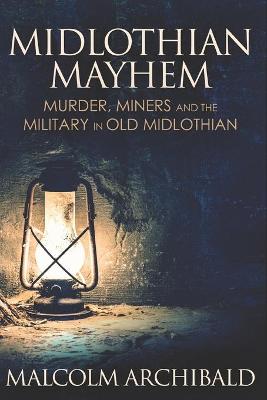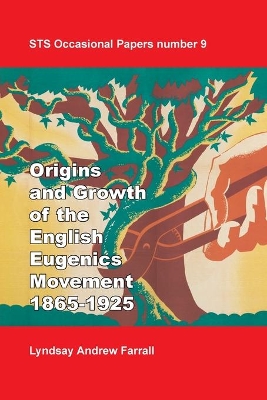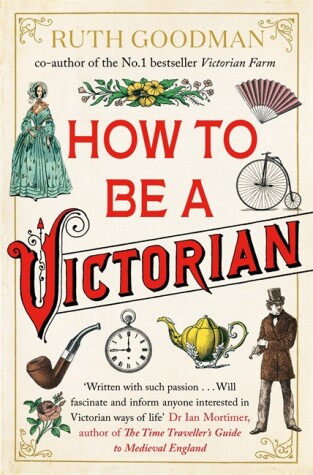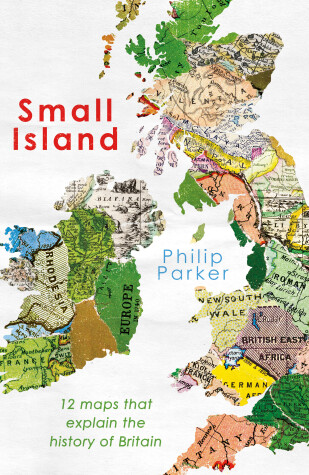Richard Fulton's Warrior Generation 1865-1885 fundamentally rethinks the efficacy of an institutional drive among influential middle-class opinion leaders to militarize lower-class boys in Victorian Britain. He contends that instead of engendering the desired cultural militarism, as has been commonly argued, their push had merely contributed to a fast-developing culture of adventure and masculinity. Challenging this popular assumption, Fulton carefully reexamines many of the oft cited touchston...
This complete chronological record of the Victoria Crosses awarded to British and Commonwealth soldiers during the Anglo-Zulu and Boer wars is an essential work of reference for everyone with a special interest in these major conflicts in southern Africa fought at the height of the British empire. The British army was severely tested in its battles against the Zulu kingdom and the Boer states, and the 107 Victoria Crosses that were awarded testify to the intensity of the fighting and the braver...
Few writers have had a greater impact upon British society than Charles Dickens. His stories, and, in particular, his many memorable characters, highlighted the life of the forgotten poor and disadvantaged within society at a time when Britain was the leading economic and political power in the world. Dickens' portrayal of the poor, such as Oliver Twist daring to ask for more food in the parish workhouse, and Bob Cratchit struggling to provide for his family at Christmas, roused much sympathy a...
The Centenary of the First World War and discovering more about the fates of two great uncles inspired the author of this book, Jane Ainsworth, to initiate several projects in Barnsley. It also led to the publication of her first two books by Helion & Company. Great Sacrifice: the Old Boys of Barnsley Holgate Grammar School in the First World War (March 2016) and Keeping Their Beacons Alight: the Potter Family of Barnsley and their Service to our Country (November 2017) have received acclaim for...
'A superb book' Financial Times, Books of the YearAdam Smith is now widely regarded as 'the father of modern economics' and the most influential economist who ever lived. But what he really thought, and what the implications of his ideas are, remain fiercely contested. Was he an eloquent advocate of capitalism and the freedom of the individual? Or a prime mover of 'market fundamentalism' and an apologist for inequality and human selfishness? Or something else entirely? Jesse Norman's brilliantly...
At the Roots of Italian Identity (Routledge Studies in the Modern History of Italy)
by Edoardo Marcello Barsotti
This book investigates the relationship between the ideas of nation and race among the nationalist intelligentsia of the Italian Risorgimento and argues that ideas of race played a considerable role in defining Italian national identity. The author argues that the racialization of the Italians dates back to the early Napoleonic age and that naturalistic racialism—or race-thinking based on the taxonomies of the natural history of man—emerged well before the traditionally presumed date of the lat...
The 100 years from 1819-1919 were the most remarkable in the history of womankind. In 1819 women had no rights, no status, no options, no votes. Females were denied higher and further education. Job opportunities were menial and few. Legally, women were not even considered to be 'persons'. By 1919 they had achieved full legal rights and status; the doors of education, equality and professions had been thrown open to them; they had proved that they could do any job a man could do; and most import...
How abolitionist businesses marshaled intense moral outrage over slavery to shape a new ethics of international commerce."East India Sugar Not Made By Slaves." With these words on a sugar bowl, consumers of the early nineteenth century declared their power to change the global economy. Bronwen Everill examines how abolitionists from Europe to the United States to West Africa used new ideas of supply and demand, consumer credit, and branding to shape an argument for ethical capitalism.Everill foc...
The first comprehensive and authoritative history of the Koh-i Noor, arguably the most celebrated and mythologised jewel in the world. On 29 March 1849, the ten-year-old Maharajah of the Punjab was ushered into the magnificent Mirrored Hall at the centre of the great Fort in Lahore. There, in a public ceremony, the frightened but dignified child handed over to the British East India Company in a formal Act of Submission to Queen Victoria not only swathes of the richest land in India, but also ar...
"As a young medical student, Arthur Conan Doyle studied in Edinburgh under the vigilant eye of a diagnostic genius, Dr. Joseph Bell. Doyle often observed Bell identifying a patient's occupation, hometown, and ailments from the smallest details of dress, gait, and speech. Although Doyle was training to be a surgeon, he was meanwhile cultivating essential knowledge that would feed his literary dreams and help him develop the most iconic detective in fiction. Michael Sims traces the circuitous deve...
The Dramatic List; A Record of the Principal Performances of Living Actors and Actresses of the British Stage
by Charles Eyre Pascoe
Prince Leopold, Duke of Albany (1853-84), is acknowledged to have been the most intelligent and, in the words of one writer, 'by far and away the most interesting' of Queen Victoria's four sons. He was a strong-willed, attractive character, with an immense thirst for life. He was also, however, the first royal haemophiliac and suffered continual ill health: in addition to haemophilia, Leopold suffered from epilepsy. A compelling human story which also touches on the wider worlds of late nineteen...
Winner of the 2022 British Association of Irish Studies (BAIS) Book Prize In the years following the Irish Famine (1845–52), London became one of the cities of Ireland. The number of Irish in London swelled to over 100,000 and from this mass migration emerged a distinctive and vibrant culture based on a shared sense of history, identity and experience. In this book, Richard Kirkland brings together elements in Irish London’s culture and history that had previously only been understood separatel...
The Origins and Growth of the English Eugenics Movement, 1865-1925 (Sts Occasional Papers, #9)
by Lyndsay Andrew Farrall
Lower-Middle Class in Britain, 1870-1914 (Routledge Library Editions: The Victorian World)
First published in 1977. This book records the emergence of a lower middle class in late Victorian and Edwardian Britain. Victorian society had always contained a marginal middle class of shopkeepers and small businessmen, but in the closing decades of the nineteenth century the growth of white-collar salaried occupations created a new and distinctive force in the social structure. These essays look at the place of the lower middle class within British society and examine its ideals and values....
TRAVEL BACK IN TIME WITH THE BBC'S RUTH GOODMANWe know what life was like for Victoria and Albert. But what was it like for a commoner - like you or me?How did it feel to cook with coal and wash with tea leaves? Drink beer for breakfast and clean your teeth with cuttlefish? Catch the omnibus to work and do the laundry in your corset?How to be a Victorian by Ruth Goodman is a radical new approach to history; a journey back in time more personal than anything before. Moving through the rhythm of t...
The greatest questions of our future can be answered by twelve crucial moments in Britain's history.It wasn't long-ago that Britons could have been as at home in Varanasi as they could have been in Wolverhampton - why? - because the shape and location of Britain's land-mass has not always been the same, and with large parts of Britain scattered across the globe, British borders and its identity has always been on the move.But, by knowing more about the twelve pivotal moments that occurred over a...
